Chair of Computer Science and Informatics
In 1972, following the development of world science and companies such as “Rudi Čajavec”, the Faculty of Electrical Engineering in Banja Luka formed the Chair of Computer Science and Automatics, in order to educate the students of this study profile and support the development of these science fields. In 1977, due to rapid development of computer science, it was necessary to establish a separate Chair of Computer Science. Contribution of professors Danilo Obradović and Slobodan Krčevinac was essential during the initial development. The first full-time teachers were Prof. Krstan Bošnjak and Prof. Dragan Mihajlović, then assistant.
Although the studies of computer science were initially profiled as Computer Science and Automatics, they were essentially of multidisciplinary nature, given the fact that besides courses dedicated to computer science (Introduction to programming, Programming Languages and Algorithms, Electrical Computing Machines, Applied Software and Digital Technique), there were others, dedicated to mathematics, general electrical engineering, electronics, telecommunications, automatics, mechanics and physics. Widespread development of computer science led to modernization of curricula and to larger scope of computer science study, which in turn led to introducing new courses such as Structures and Processes, Operating Systems etc. Huge leap forward towards modernizing curricula related to computer science was made by full-scale reconstruction of curricula and implementation of study programs in line with Bologna Process, starting in 2003/04. Two study programs were established: Information Technologies and Computer Engineering, realized in accordance with IEEE/ACM work group recommendations specified in the document Computing Curricula 2001, adjusted to needs of our environment. These study programs later became modules within one study program -
General goal of the Chair of Computer Science and Informatics is modern, top level education in the field of computer science on all three study cycles, in accordance with modern European and world trends, recommendations and standards, while also creating, applying and disseminating experience and knowledge acquired through science and research work, cooperation with business partners and other institutions through development and applied projects, all in accordance with the needs of society. Specific goal of the study program Computer Science and Informatics is to provide the students with practical and theoretical knowledge of not only the basics of electrical engineering, but also of the following fields of information technologies, software and computer engineering: theoretical basics of computer science, programming principles, computer architecture, operating systems, object oriented and web/internet programming, database systems, development, implementation and verification of computer based systems, computer networks and parallel systems, computer systems security, development of peripheral interfaces, software and hardware maintenance and computer systems administration etc. Acquiring this knowledge and skills should enable students to quickly and successfully be involved in projects and tasks related to IT technologies at their workplaces.
Successful modernization of curricula is reflected in great interest in this study program (about 2/3 of all students enrolled at the Faculty of Electrical Engineering choose this study program) and in the fact that graduated students can easily be employed, especially in software development companies.
Science and research work is conducted through science & research and development projects, as individual research or as part of preparations and organization of science conferences and events. Teachers and assistants from the chair have published considerable number of papers in journals with SCI index and impact factor, and in relevant international conferences.
Since March 2010, an S-CUBE research group for software systems and security is established as part of the Chair of Computer Science and Informatics. Current research focus of this group are security problems of web applications and services. The group also develops many tools for automatic detection of security omissions of web applications and services.
Dr. Zoran Đurić, associate professor
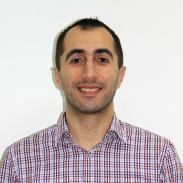
+387 51 221 839
This email address is being protected from spambots. You need JavaScript enabled to view it.
1307
Dr. Dražen Brđanin, assistant professor
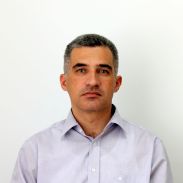
+387 51 221 839
This email address is being protected from spambots. You need JavaScript enabled to view it.
1307
Mihajlo Savić, senior assistant
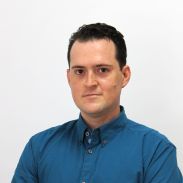
+387 51 221 832
This email address is being protected from spambots. You need JavaScript enabled to view it.
1215
Dijana Vuković, senior assistant
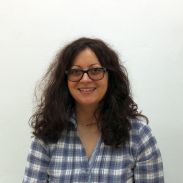
+387 51 221 861
This email address is being protected from spambots. You need JavaScript enabled to view it.
1210
Zlatko Dejanović, senior assistant
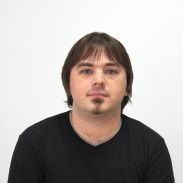
+387 51 221 831
This email address is being protected from spambots. You need JavaScript enabled to view it.
1216
Goran Banjac, senior assistant
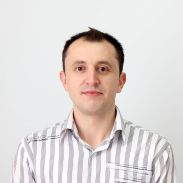
+387 51 221 831
This email address is being protected from spambots. You need JavaScript enabled to view it.
1216
Igor Dujlović, senior assistant
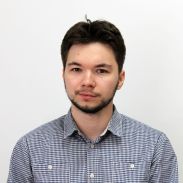
+387 51 221 827
This email address is being protected from spambots. You need JavaScript enabled to view it.
1217
Nikola Obradović, assistant
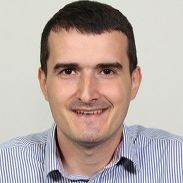
+387 51 221 845
This email address is being protected from spambots. You need JavaScript enabled to view it.
2201
Aleksandar Keleč, assistant
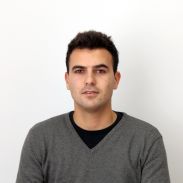
+387 51 221 864
This email address is being protected from spambots. You need JavaScript enabled to view it.
1206
Danijela Banjac, assistant
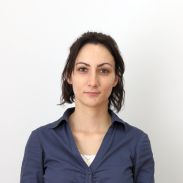
+387 51 221 861
This email address is being protected from spambots. You need JavaScript enabled to view it.
1210